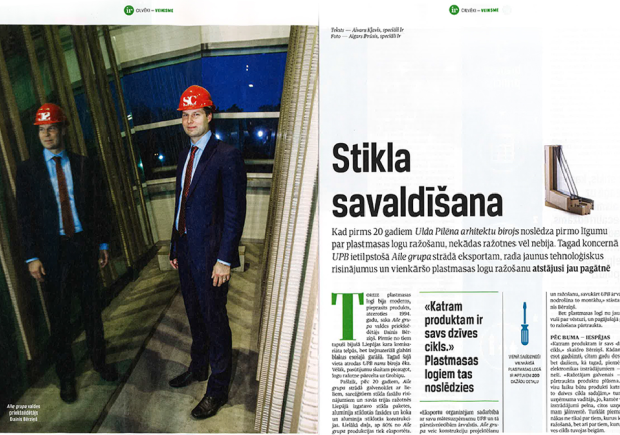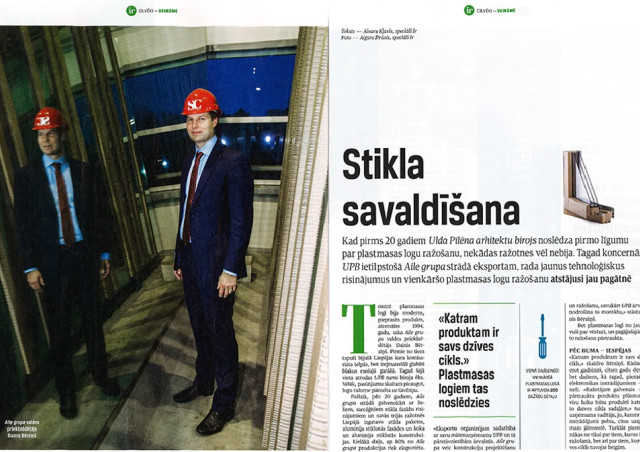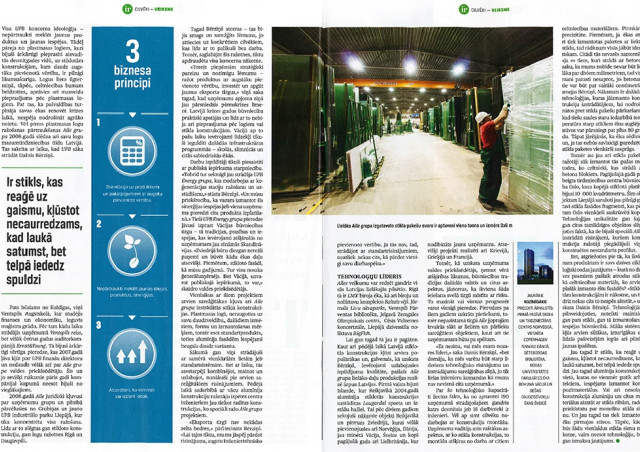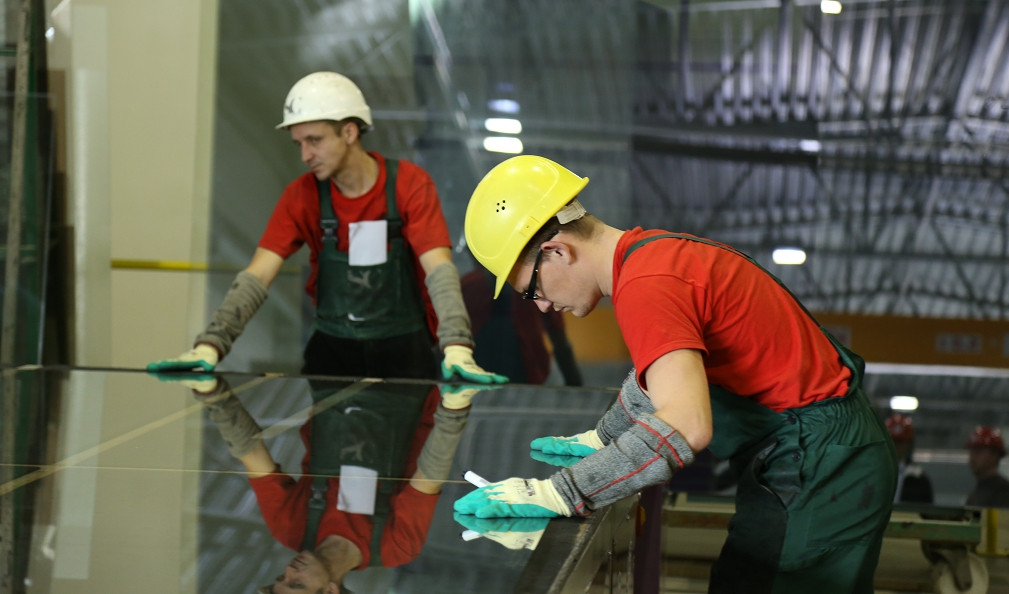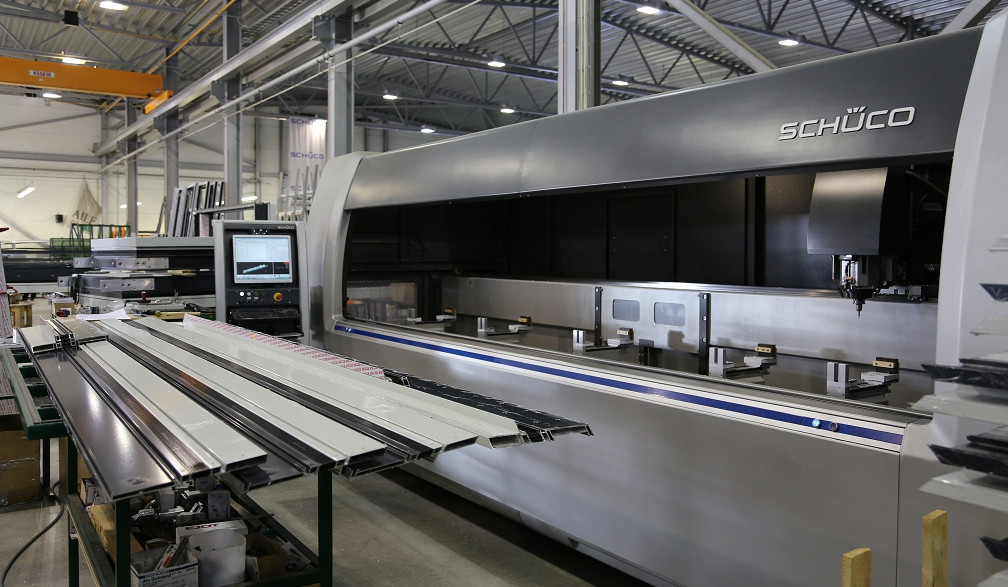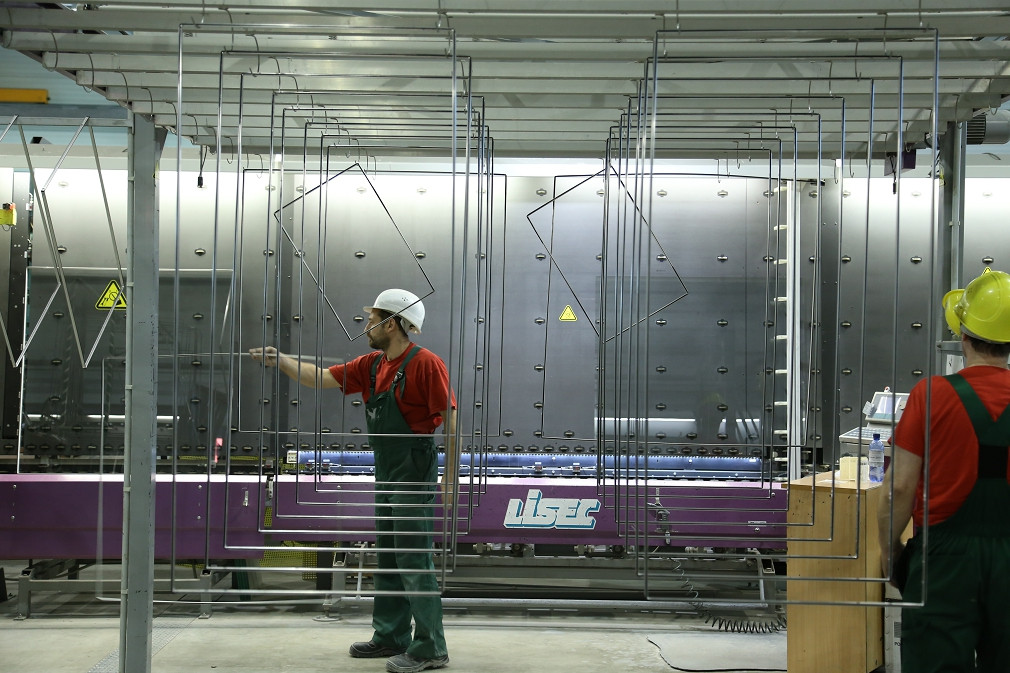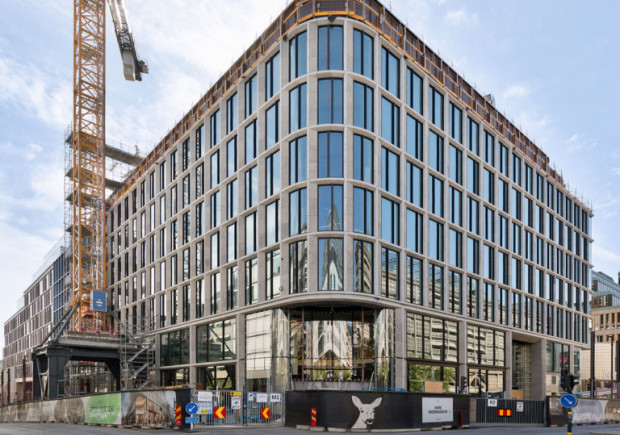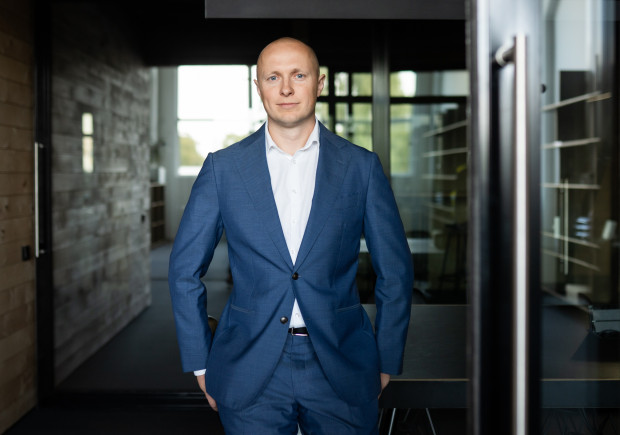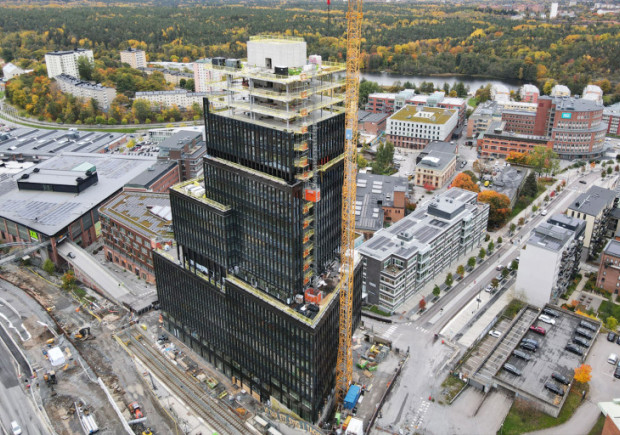At that time plastic windows were a modern and demanded product, reflecting on 1994 says Dainis Bērziņš, the chairman of the board of Aile group. The first windows were made in the former premises of the military draft board in Liepāja, but the raw materials were stored in the nearby garage. Nowadays the head office of UPB nams is located here. As the number of orders grew, the window plant was relocated to Grobiņa.
Currently, after 20 years, Aile group focusses mainly on large, complex glass facade solutions, and the three plants in Liepāja produce insulating glass windows, aluminium glazed facades, and wood and aluminium glazed constructions. Majority, around 80% of the production of Aile group is exported. "Export is managed in cooperation with our parent company UPB and its representation offices abroad. Aile group is responsible for the engineering and production of constructions, while UPB abroad is in charge of the assembly thereof," as reported by Dainis Bērziņš.
However, the production of plastic windows is already history, and last year the production of these windows was discontinued.
After the boom – opportunities arise
"Each product has its own life cycle," tells Bērziņš. For some these are centuries, or tens of years, while for others, such as the electronics products at present – these are months. "Most important to the producer is an uninterrupted flow of products. So that we have products at every section of their life cycle," the manager of the company continues his story; since while some products generate profit, other need investments. Moreover – extra funds are invested not only in the ones being introduced in production, but also in those approaching to the end of their life cycle.
The idea of the whole UPB - constantly looking for new products and opportunities. Therefore the transfer from plastic windows, which were extremely demanded in the middle of the last decade, to glazed structures of higher value-added is absolutely logic. Windows are a long-term product, and as the construction boom came to the end, the demand for plastic windows suddenly stopped. Even with the municipalities investing in renovation of municipal building during the crisis could not support the former amount of sales. Even before the production of plastic windows was stopped the company Aile group shut down its retail network of windows in 2008 in Latvia. This overlapped with the time, when Dainis Bērziņš joined UPB.
Bērziņš comes from Kuldīga, and has graduated from the Ventspils University College with a master degree in finance and economy. After graduation he worked for some time in the company Ventspils reiss, and later he devoted four years to the auditing company Ernst&Young. This was an extremely valuable experience, which allowed him in 2007 to get the position of finance director at UPB and slightly later – the chairman of the board at Aile group. This and especially the forthcoming years were definitely not the easiest ones for the company.
In 2008 Aile legally became a single company group and moved completely from Grobiņa to the new UPB industrial park in Liepāja where all production was located. Thus the production plants of glazed structures and windows in Riga and Daugavpils were shut down.
Now Bērziņš recalls – this was a tough and difficult decision, since it affected people, who therefore became unemployed. However, if not shut down, the plants would put the whole holding at risk.
"At that time we made a strategically correct and significant decision – to produce products of higher value-added, to invest and enter new export markets," he says now as the company has already exceeded the pre-crisis level. During the crisis construction nearly ceased in Latvia, and thus there was no demand for windows or glass constructions. However, at the same time Germany made huge investments in various infrastructure programmes – schools, hospitals, and other buildings of public significance.
Contractors were commissioned through public procurement tenders. "At that time UPB Energy group was already successfully working there; this company was producing and installing cogeneration units," tells Bērziņš. "And our advantage was that we can make use of the synergy possibilities or the experience of one company in the distribution of another product." The experience of UPB Energy group allowed to understand the German construction market – traditions, requirements, and opportunities, which were completely different than the ones already common to the company working with Scandinavia. "In Sweden it would be rather unrealistic to construct only some part of a building. For instance, the glazed façade, as would be the case for us. Everything is there controlled by the general contractor. While in Germany, you can do that if you have been successful in a public procurement tender," explains the chairman of the board.
Concomitantly with these projects the glass constructions designed by Aile group become more and more sophisticated. Despite of the variety of plastic windows – size, form, and purpose of use, the plastic windows are a standard product, whereas aluminium facades can have indefinite alternatives.
However, initially they worked with rather simple things or the standard systems. But later on through combinations, alterations and improvements they achieved more and more sophisticated solutions. Recently in cooperation with the research centre engineers of a German aluminium construction producer constructions are developed, which are produced specially for Aile group projects.
"Export markets are not a gold mine," tells Bērziņš confidently. "In order to enter these, we have to be able of selling a solution, high engineering added value. If you cannot do that, then working with standard solutions you can only sell your labour resources."
